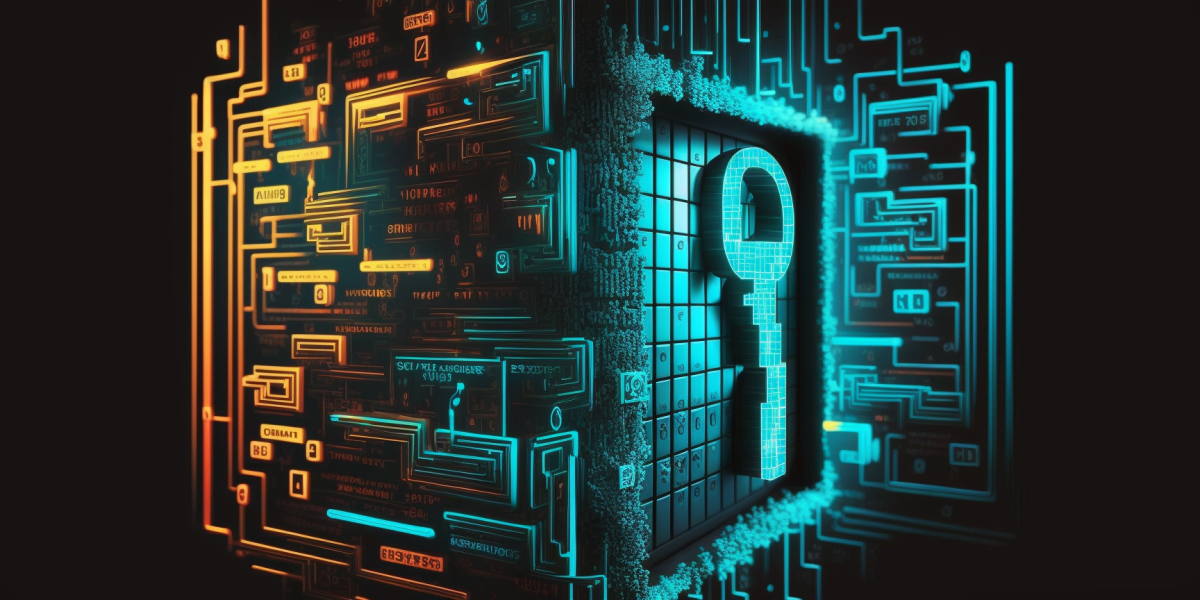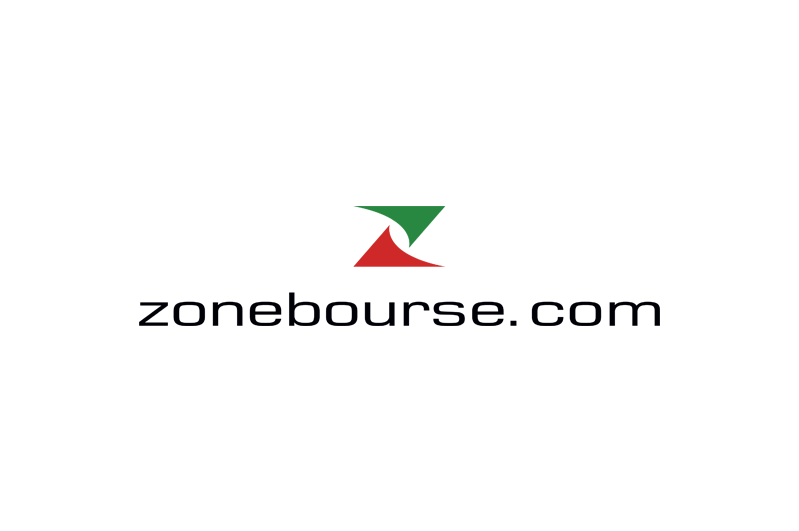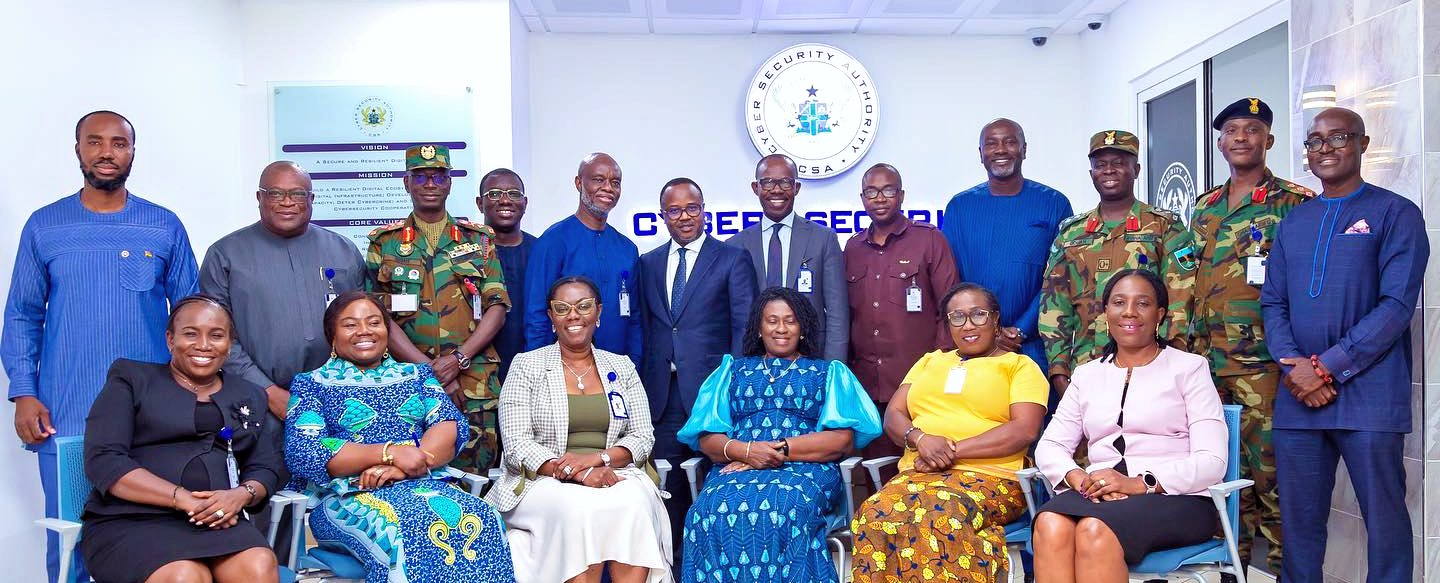How machine learning can help crack the IT security problem
Join top executives in San Francisco on July 11-12, to hear how leaders are integrating and optimizing AI investments for success. Learn More
Less than a decade ago, the prevailing wisdom was that every business should undergo digital transformations to boost internal operations and improve client relationships. Next, they were being told that cloud workloads are the future and that elastic computer solutions enabled them to operate in an agile and more cost-effective manner, scaling up and down as needed.
While digital transformations and cloud migrations are undoubtedly smart decisions that all organizations should make (and those that haven’t yet, what are you doing!), security systems meant to protect such IT infrastructures haven’t been able to keep pace with threats capable of undermining them.
As internal business operations become increasingly digitized, boatloads more data are being produced. With data piling up, IT and cloud security systems come under increased pressure because more data leads to greater threats of security breaches.
In early 2022, a cyber extortion gang known as Lapsus$ went on a hacking spree, stealing source code and other valuable data from prominent companies, including Nvidia, Samsung, Microsoft and Ubisoft. The attackers had originally exploited the companies’ networks using phishing attacks, which led to a contractor being compromised, giving the hackers all the access the contractor had via Okta (an ID and authentication service). Source code and other files were then leaked online.
Event
Transform 2023
Join us in San Francisco on July 11-12, where top executives will share how they have integrated and optimized AI investments for success and avoided common pitfalls.
This attack and numerous other data breaches target organizations of all types, ranging from large multinational corporations to small startups and growing firms. Unfortunately, in most organizations, there are simply too many data points for security engineers to…




